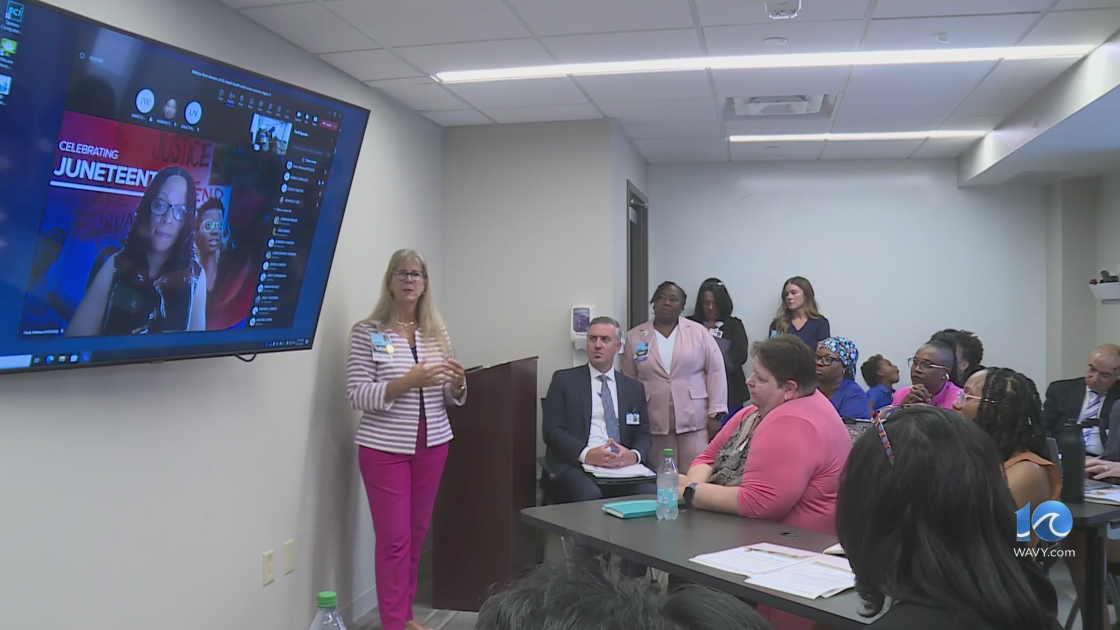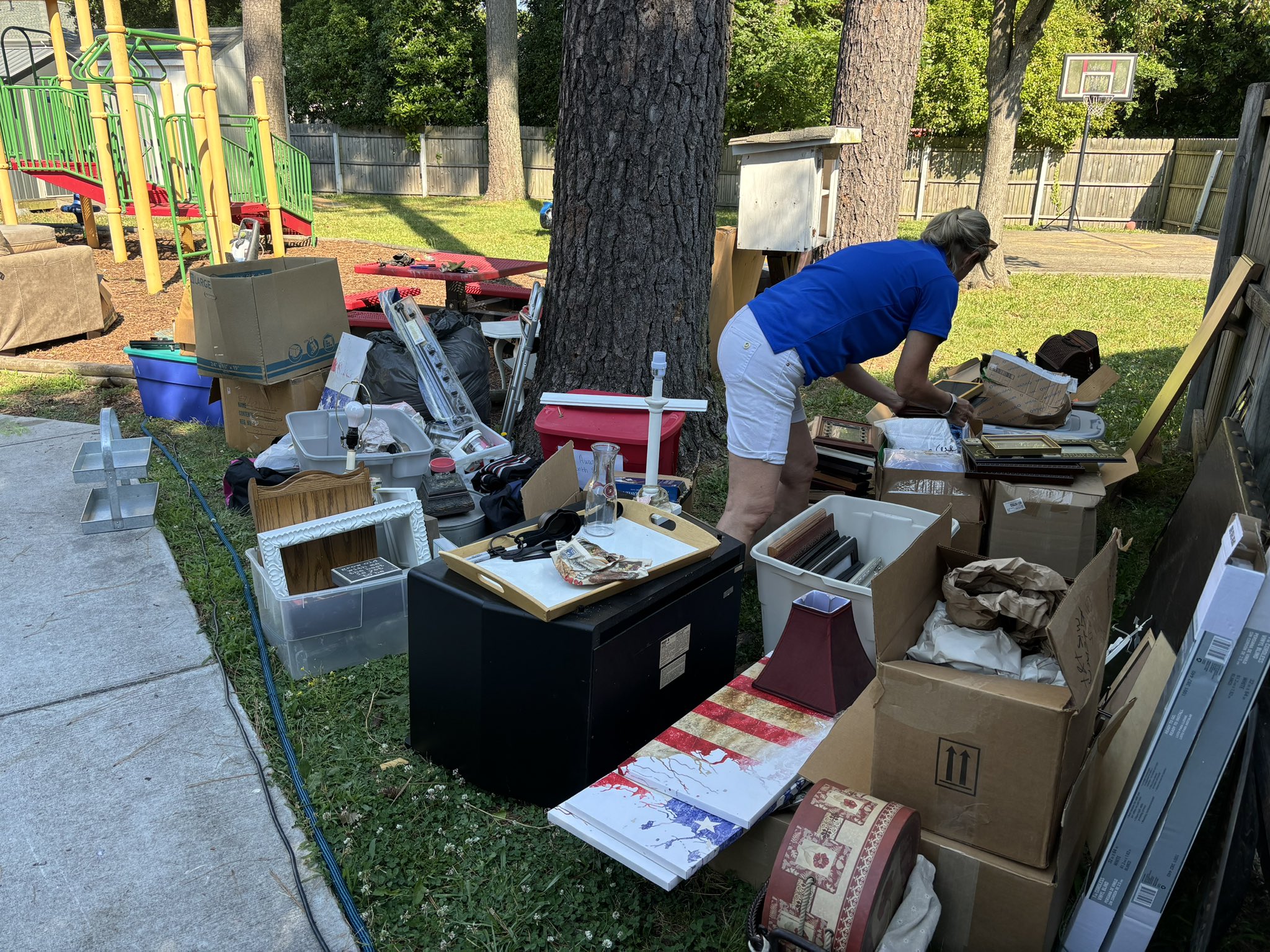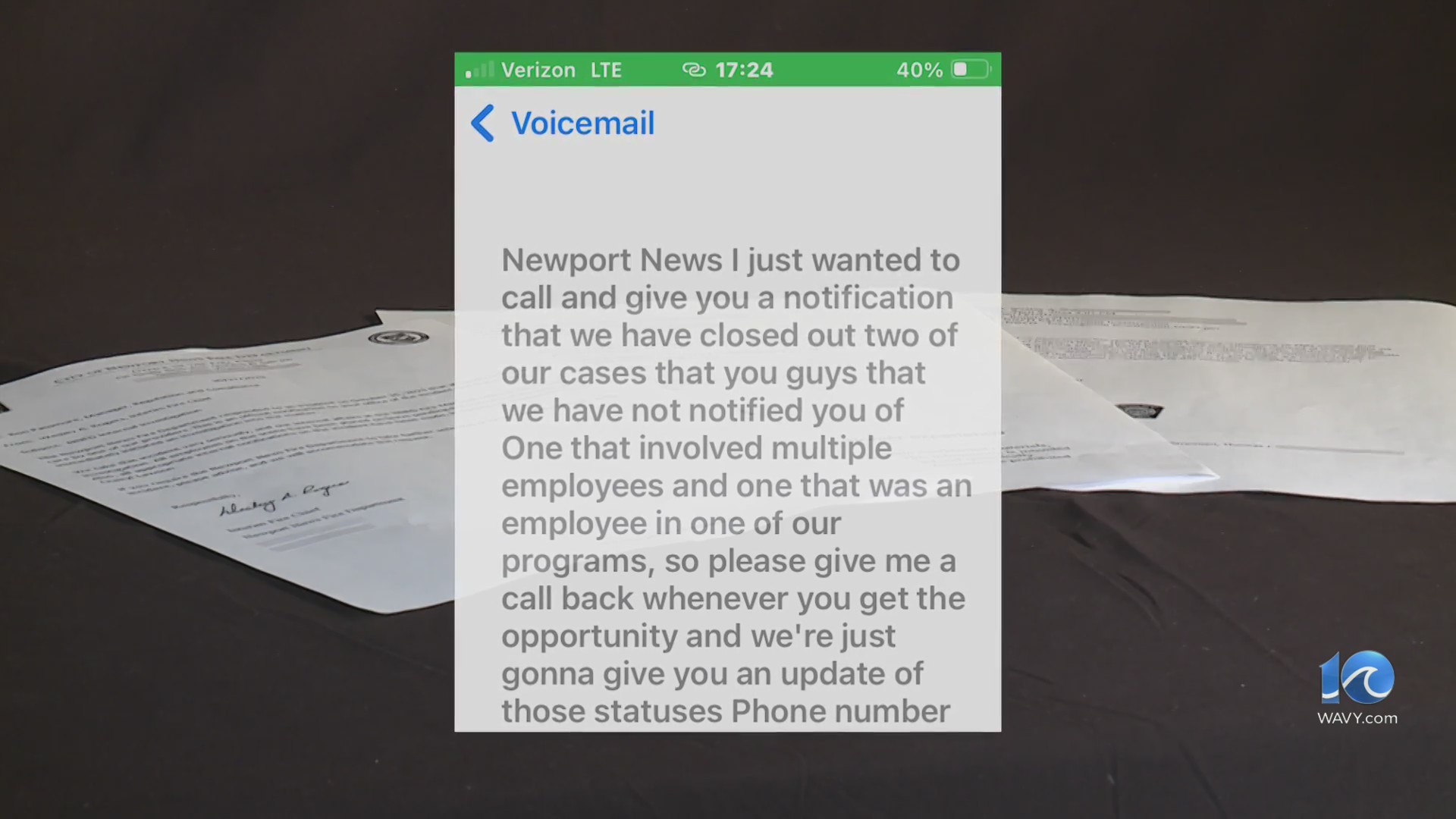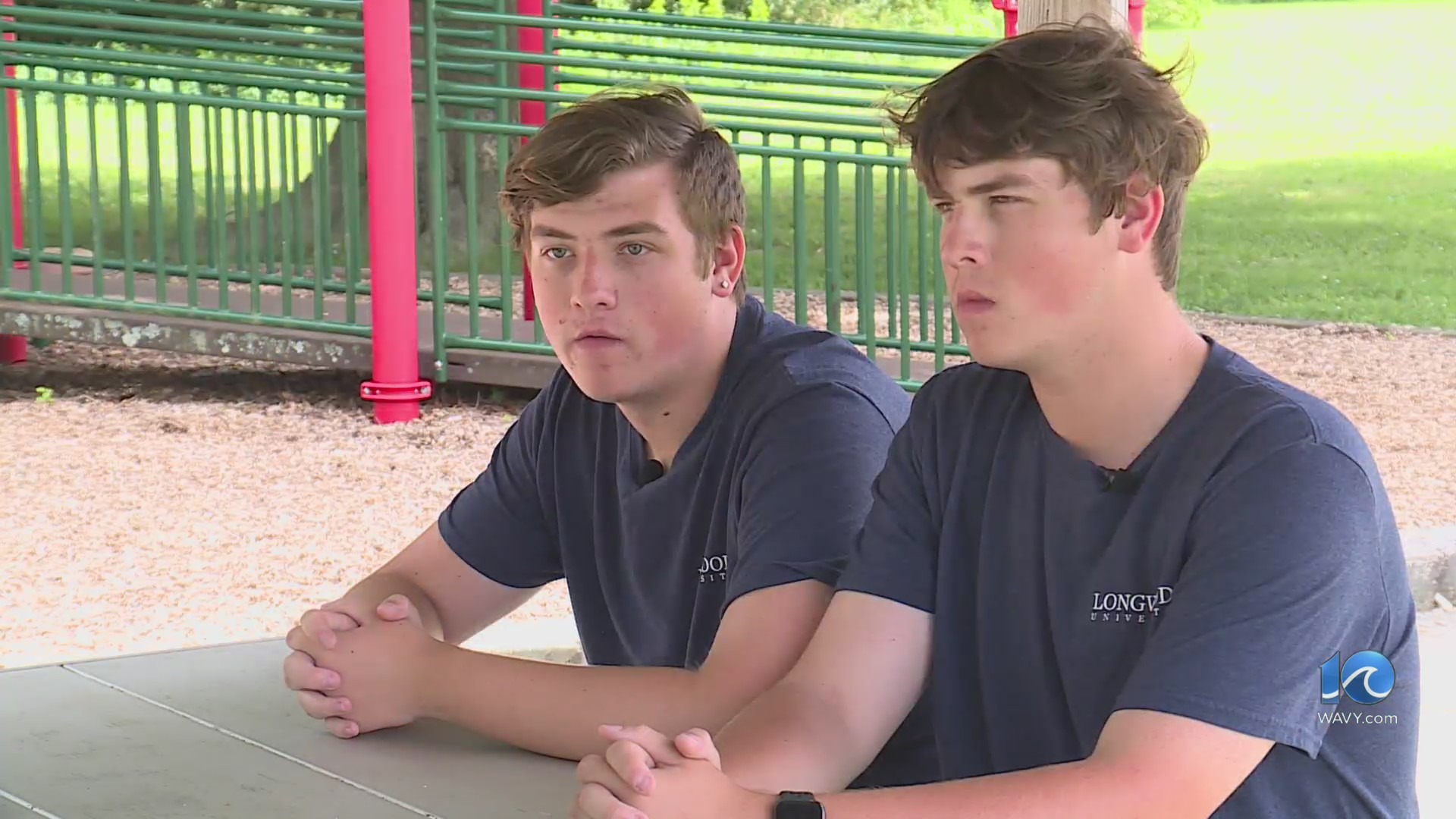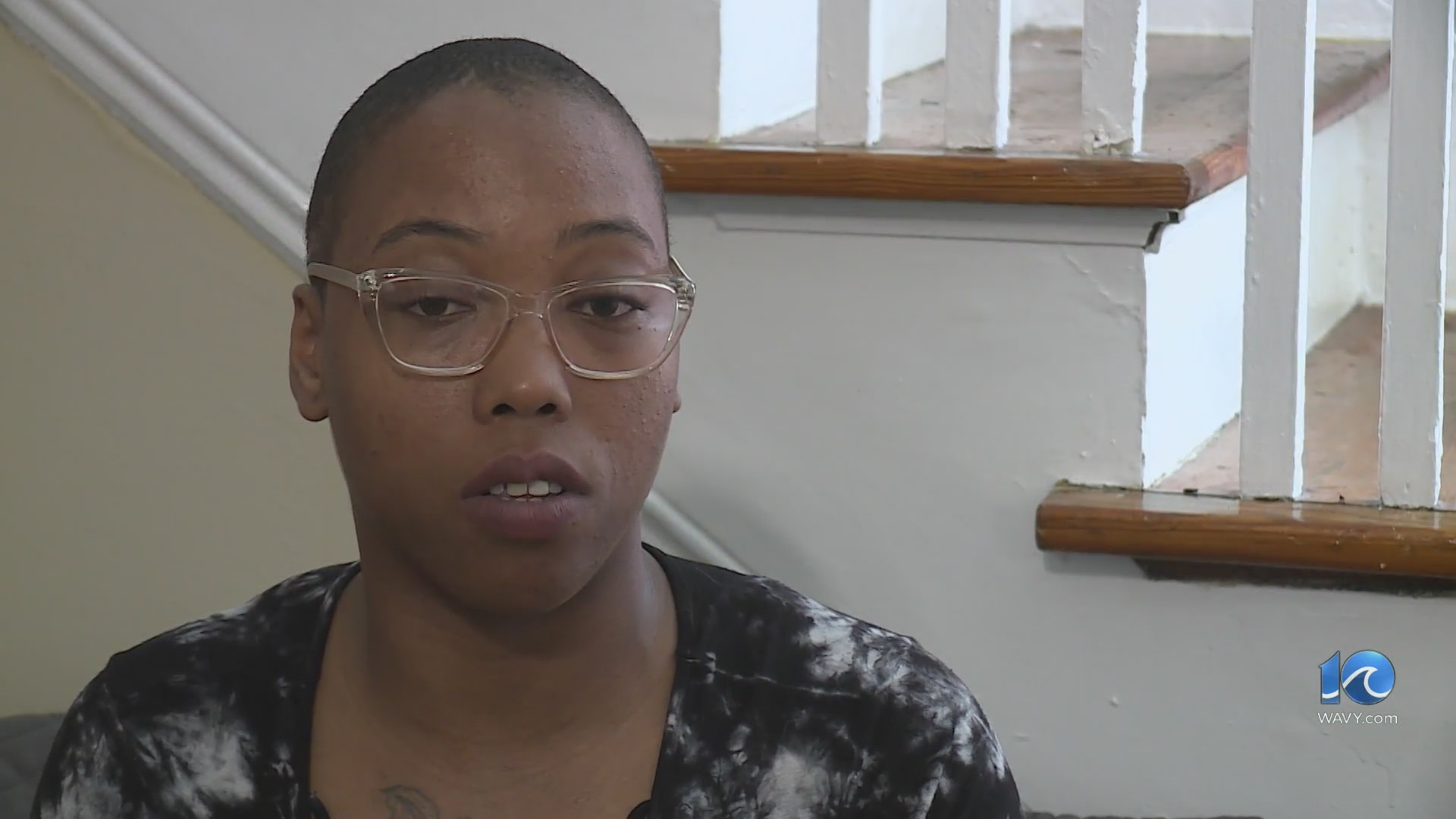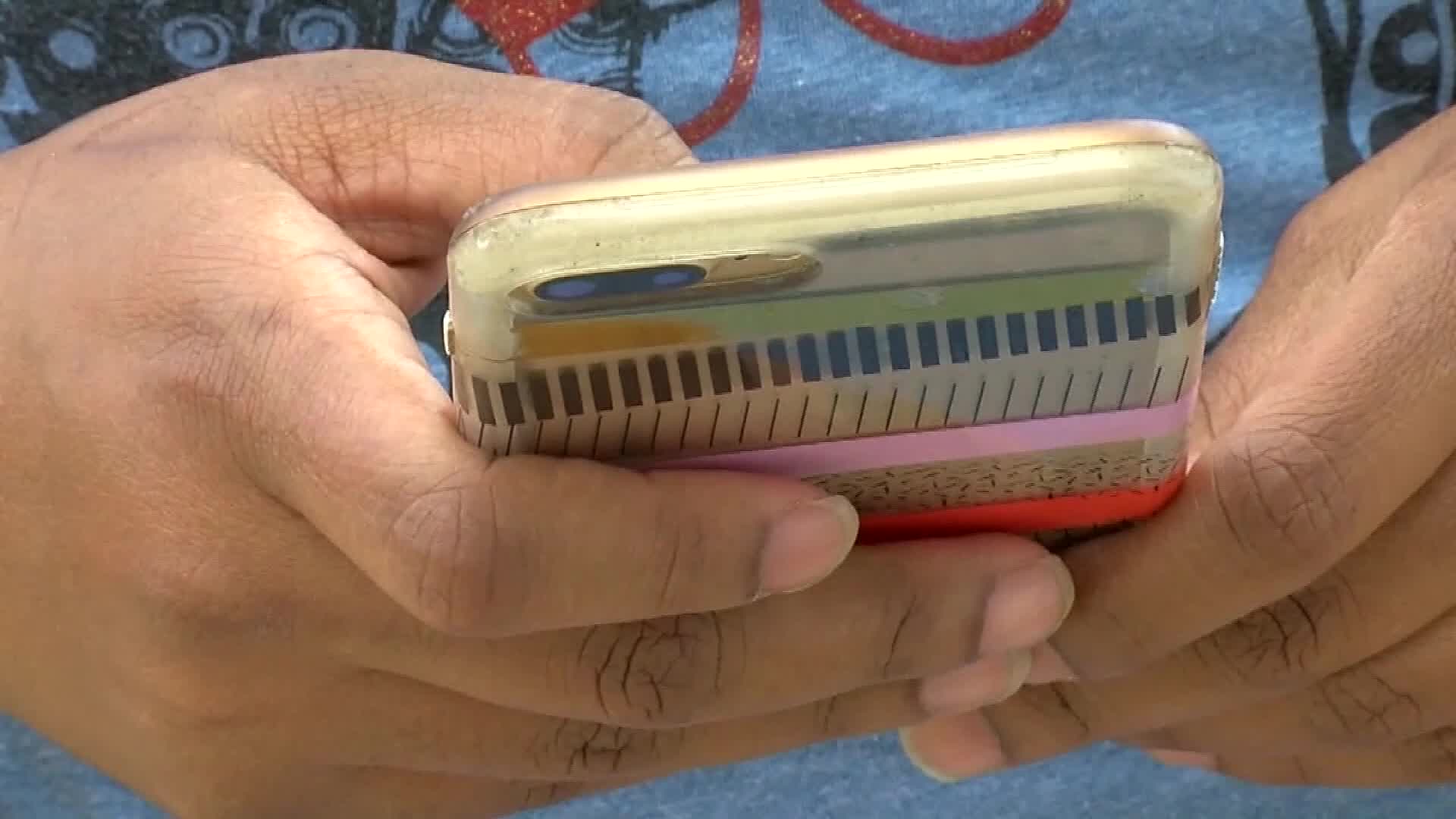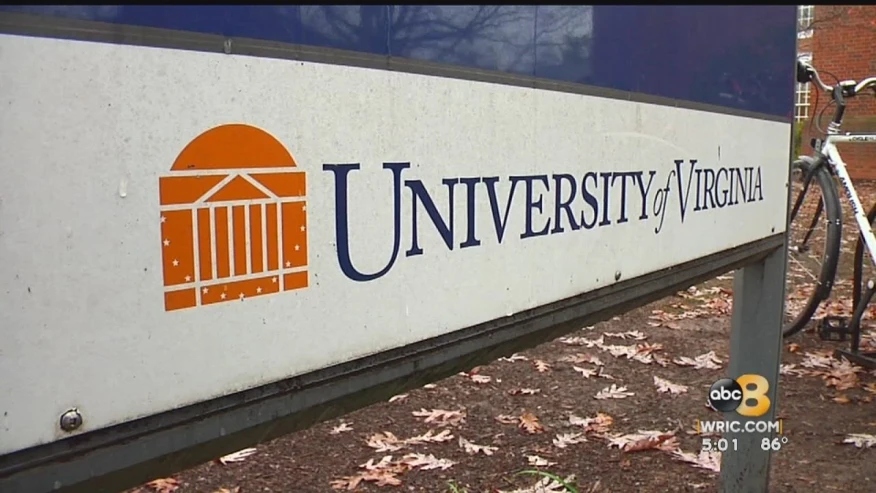VIRGINIA BEACH, Va. (WAVY) — Originally thought to mainly affect the respiratory system, researchers now know COVID-19 can affect several different parts of the body.
A new report shows the virus could even affect male fertility.
A recent study from the University of Miami shows COVID-19 has the potential to cause male infertility and could even be spread sexually by asymptomatic men.
In spite of the newfound research, two couples in Hampton Roads undergoing fertility treatments are determined to bring new life into this world.
After years of trying to have a baby, 35-year-old Heather Perry and her husband William had their bundle of joy in 2019.
“I became a mom last September,” said Perry.
Now the couple has set their sights on trying again with the help of Dr. Robin Poe-Zeigler, medical director of the New Hope Center for Reproductive Medicine in Virginia Beach.
“There was talk here at the clinic about having an INVOcell trial and so we were kind of hopeful for that,” Perry explained.
The couple was hopeful until the coronavirus pandemic hit, making them re-evaluate their plan.
They’re also not alone. 28-year-old Nicole Ellington is currently going through in vitro fertilization treatment at the center with the hope of conceiving her first child.
“All I could think about was, is the clinic going to shut down? Are we going to have to cancel our cycle because of a state mandate or just best practice?” Ellington said.
Both women and their spouses have thankfully remained healthy during the pandemic — but scientists say another issue is at play that could affect a couple’s ability to have children.
The study by the University of Miami Miller School of Medicine has discovered potential impacts COVID-19 can have on male fertility.
Here’s what the study found.
“These ACE2 receptors are found in different tissues of the body, including the lungs, the liver, the GI tract, and also the testicular tissue,” said Poe-Zeigler, the medical director at New Hope Center for Reproductive Medicine.
Poe-Zeigler said the virus can harm testicular tissue, even if a man doesn’t show symptoms. Scientists are working to learn about how much of the virus is needed to be present in the testes to be detected in semen — and if it can be shared like a sexually transmitted disease.
“What they haven’t shown is [if] it actually infects the sperm cell, the actual sperm itself. We know it infects the testes and the tissue that makes up the testes,” Dr. Roin added.
Poe-Zeigler said it could take months or years for scientists to fully understand how teste tissue responds to COVID-19 — and the potential impacts of the virus on sperm. Patients who have time can opt to freeze their sperm, just in case.
“If we find there are long-lasting impacts, they will have at least one unaffected specimen that they could use for future conception efforts,” said Poe-Zeigler.
But she knows time isn’t on everyone’s side.
“Three to six months of prep that you do for your body, There’s weeks of medications you have to take, followed by a surgery, and waiting. There’s already a whole bunch of waiting that’s already involved in IVF treatment,” Ellington explained.
“Maybe if we were in our younger 20s, we could have that luxury of saying we can wait years, but being in our mid to late 30s, time is kind of ticking for us,” Perry added.
Both women say their journey hasn’t been easy, but they’re determined not to let anything, not even a pandemic, keep them from the ultimate prize.
“We’re trying to go through this with having the pandemic in the back of our minds. With still staying the course of having a child is our most important thing,” said Ellington.
“There’s going to be that fear, but to me it’s like, I want to be a mom and I want to expand my family. That’s a greater feeling than being fearful of COVID,” said Perry.
Poe-Zeigler adds the findings in this study provide no evidence that the compromised fertility in these men will be long-lasting, as has been seen with viruses such as HIV, Zika and mumps.
































































